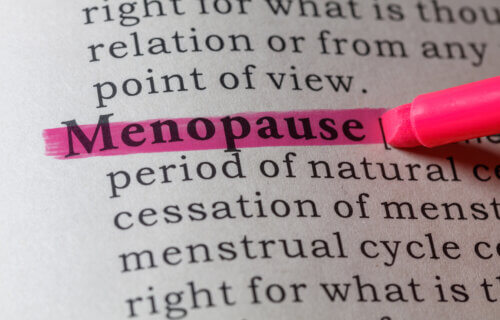CLEVELAND — For women going through menopause, sexual dysfunction can be a common symptom. But some women experience the frustration of a fading libido far worse than others. Recent research published by The North American Menopause Society (NAMS) may explain why.
Because each woman experiences menopause differently, hormones are thought to regulate the change in sexual behavior following this transition. Hormone therapy may be an effective treatment for women who suffer from sexual dysfunction.
Symptoms such as hot flashes, weight fluctuations, and mood swings are common during menopause. However, many women also suffer from a decrease in sex drive and the ability to be satisfied sexually. Since hormone therapy has been an effective treatment for the common menopausal symptoms, researchers focused on applying this treatment for the change in sexual behavior as well.
The study, which consisted of more than 200 middle-aged women, revealed that women with severe menopausal symptoms and those having more anxiety during sex were more likely to suffer from sexual dysfunction. On the other hand, women with more sexual partners over their lifetime and with higher education had a decreased risk for developing sexual dysfunction.
Although hormone therapy did not lessen the chance of sexual dysfunction, women who received hormone therapy seemed to increase their body esteem, especially during sex. Moreover, they revealed better sexual satisfaction, relationship quality, and overall sexual function.
Other factors that increased libido were intimacy within the relationship, positive self (body) image, and overall attitude toward sex.
“These results are consistent with the findings of prior studies and emphasize that factors other than the use of hormone therapy appear to be protective and are linked to better sexual function across the menopause transition. Factors such as higher importance of sex, positive attitudes toward sex, satisfaction with one’s partner, and fewer genitourinary symptoms associated with menopause help to mitigate sexual dysfunction,” says Dr. Stephanie Faubion, NAMS medical director, in a statement.
Study results are published online in Menopause and PubMed.
